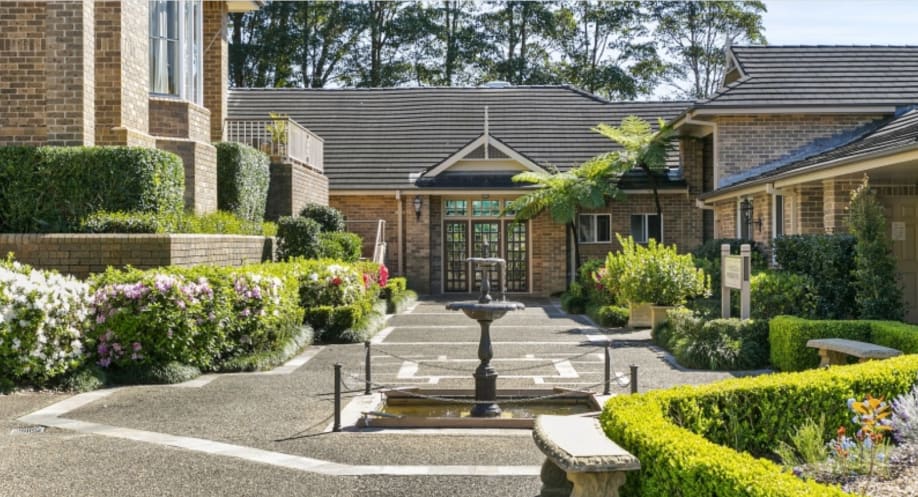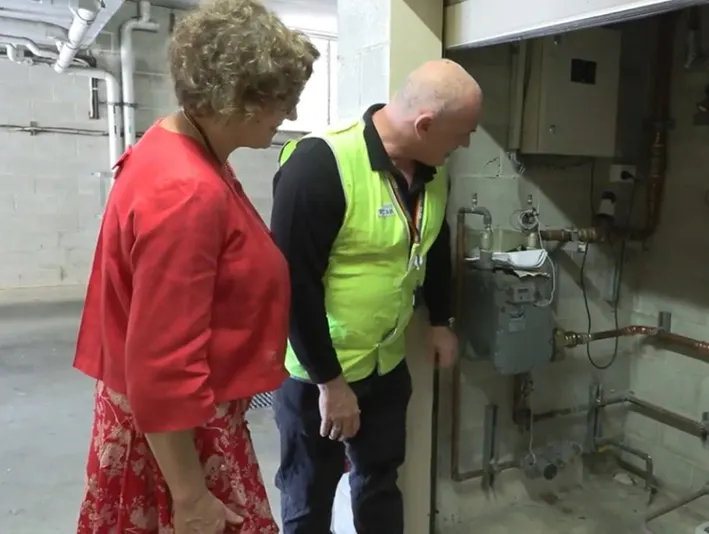“Everyone you will ever meet knows something you don’t.” – Bill Nye
In a world where running a retirement village is like a never-ending jigsaw puzzle, we need all the support we can get. Saying this makes you start to appreciate the collegiate nature of being a Village Professional.
How then do you get the most out of networking opportunities, such as DCM Institutes upcoming Professional Development Day?
Through the knowledge sharing these days present you with.
Gone are the days where successful networking was seen as how many business cards you could hand out, compared to how many you collect. (Do people even use business cards anymore?)
Networking days are primarily about relationship building, where both parties come away stronger from the connection and information sharing the event has provided them with. An opportunity to feed off the energy of being in a room with someone, and not talking to a monitor. To learn from peers through conversations or table discussions, feeding your passion for your growth as a Village Professional.
“If you want to go fast, go alone. If you want to go far, go with others.” African Proverb.
Networking and knowledge sharing aren’t just buzzwords; they’re the unsung heroes in our search for excellence. It’s about building a group of industry peers who’ve got your back and challenge you to expand your mind. To open you up to perspectives and opportunities you’d never previously considered.
Knowledge sharing is another avenue in fostering growth. Collaborating with colleagues provides a platform to exchange ideas, challenges, and solutions. By sharing successes and learning from others’ experiences, you can gain practical insights. This collective wisdom creates a supportive community that thrives on the principles of mutual growth and development.
“Your Network is Your Net Worth”
Try not to go into networking opportunities thinking you don’t have anything to contribute. Every person has experienced a unique situation they have had to solve or a common issue they have had to look at from a different perspective. Opening a person up to you, and you up to them comes from simply asking questions.
Next time you walk into a room with peers, join a group and keep the conversation flowing. You will quickly learn that as peers, we are all in this together, and there’s no better way to learn than with friends who’ve got your back.




